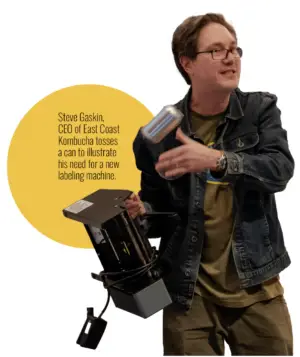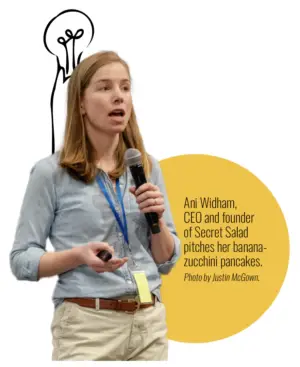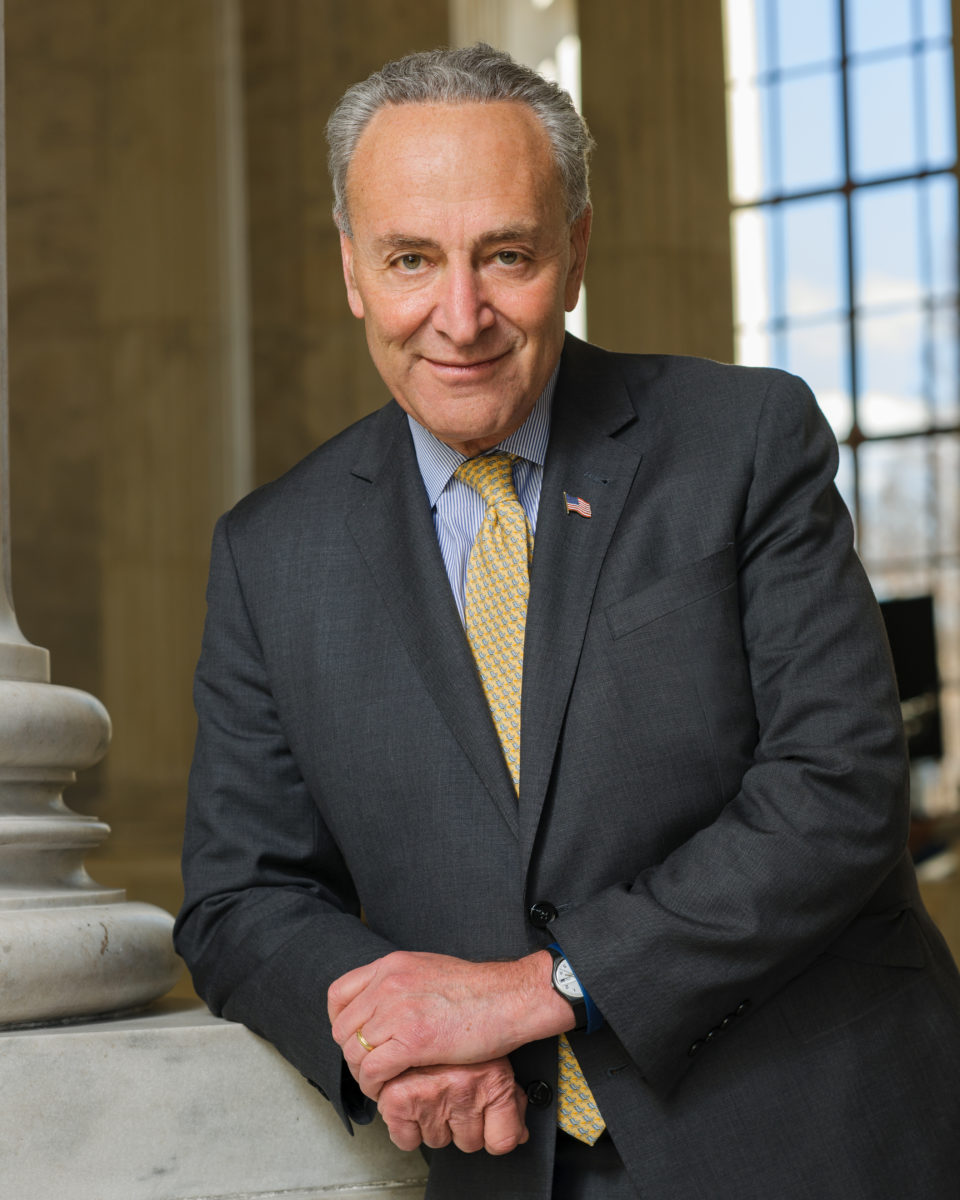 Chefs, cooks and coffee roasters met in Kroon Hall on Yale’s campus Friday, Feb. 9 for The Big Connecticut Food Event.
Chefs, cooks and coffee roasters met in Kroon Hall on Yale’s campus Friday, Feb. 9 for The Big Connecticut Food Event.
Three organizations led the efforts to organize the event. The CT Food Launchpad, which cultivates emerging businesses in the food and beverage space and is managed by the leaders of Chabaso Bakery and Atticus New Haven. Food’NBev Connect, which brings together entrepreneurs and CEOs across the entire industry to foster growth and knowledge exchange and Yale’s Center for Business and the Environment, which fosters innovation that improves sustainability.
The networking event for members of the state’s expanding food and beverage industry provided an opportunity for up-and-coming brands and businesses to provide samples and make key connections with grocery store owners, ingredient suppliers, and fellow entrepreneurs of edible products.
The event was capped off with a pitch competition hosted by Master of Ceremonies Abdul-Rahmaan I. Muhammad, the executive director of Hartford-based My People Community Services.
The founders of the five businesses in the competition presented their product and took questions from a panel of five judges. The grand prize for the competition was $25,000, with $10,000 going to second place, $2,500 awarded to the runners up, and an additional $2,500 awarded to the attendee favorite, chosen by an audience poll.
The judges consisted of Rafi Taherian, the associate vice president of hospitality at Yale, Dean Sullivan, the manager of multicultural and local merchandising strategies at Stop & Shop’s Corporate Headquarters; John Fraro, the senior director of Fresh Foods for Big Y; Charlotte Myer, FreshDirect’s co-head of merchandising; and Seth Nieman, vice president of merchandising support at Wakefern Food Corp.


The first to pitch was Steve Gaskin, the CEO of East Coast Kombucha, based in Norwalk. He recounted the bitter disappointment of tasting kombucha for the first time, I tasted like nothing so much as vinegar.
“There’s a lot of nasty, horrible tasting kombucha out there,” Gaskin said. “And no other brands at the time we started were brewing it on the East Coast.”
He outlined the course that his business took and how it led the company to a “can-neck” in production. His facilities in a former textile factory can produce and can 20,000 cans in a day. However, he was still using a small desktop labeling tool to apply the labels.
“It costs me 10 cents a can just in labor alone for that,” he said, holding the current labeling equipment aloft on the stage. He explained he used the funds to upgrade to an in-line labeler.
Following Gaskin was another entry in the beverage space, Gorilla Lemonade. Co-owners and Brian Burkett Thompson and Kristen Threatt developed the recipe for a lemonade to pair with the food they serve through their catering business.
The duo originally got ahead of themselves, bottling and selling their four flavors of lemonade in New Haven area businesses without having permits to act as manufacturers. But after significant investment and certification they are now in bodegas across the city and Yale cafeterias.
“Gorilla Lemonade is unique because of community driven spirit and homemade lemonad e taste,” said Threatt, noting it also contains 15% lemon juice compared to competitors who have 5-7%. “These core values, the love for the people, the will to do it and the love for the culinary arts gives you liquid love in a bottle, ready to spread to the world.”
Their plan for the money was to build up their inventory so that they can more quickly fill orders from new distributors and defray some of their initial out-of-pocket investments.
Hazel Lebron, the founder and head chef at Caribe Soul from New Haven pitched her plans for expanding her empanada brand enough that she could stop running a catering business at the same time. Lebron made a case for empanadas as a food uniquely suited to the needs of the modern mother.
Empanadas can be easily reheated from frozen, made with quality healthy ingredients, have analogues in almost every culture making them familiar and accessible, and, most importantly of all, appeal to kids and millennials.
“Millennials represent strong, mindful and independent individuals,” Lebron said. “They control or influence 85% of consumer spending.” Members of Generation Z, like her own daughter and chief taste tester, were also noted as “snackers” with more adventurous palates.
She said she would use the money from the competition to help develop a marketing campaign while completing USDA certification.
Hamilton Colwell spoke next, pitching the company of which he is founder and president, Maia. The Stamford-based company produces Greek-style yogurt flavored with real fruit, less sugar and made purely with milk from grass-fed cows. He touted the health benefits of using only grass-fed sources of milk, based off of a recipe he developed to meet the nutritional needs of his cousin Maia during her pregnancy.
“We love a healthy mom,” Colwell said, “we love her so much we named the company after her.”
Noting that the company is well poised to meet growing consumer demand for sustainable agricultural practices and simple foods, Colwell explained that the funds would be useful while raising capital with an eye towards increasing sales.
“We really hope to use this as a springboard for upcoming funding events, and that will help us build out the absolute best, diverse, inclusive team.”


“I started this company out of the frustration I felt when I would go to a grocery store, see a seemingly healthy product, only to turn it over and see an entire list of ingredients I didn’t recognize,” she explained.
As a result, she developed a recipe with only four ingredients: bananas, eggs, zucchini, and cinnamon. The recipe, to the surprise of children everywhere, is one for frozen pancakes.
While Secret Salad pancakes are currently selling like hotcakes according to Widham, with growing popularity amongst gym goers and kids reportingly sneaking the pancakes from the freezer without thawing them, to hit her core demographic of moms would require a brand identity they can learn to trust.
Widham said she would put the money to use in improving distribution channels to make sure the product is consistently available at stores, and to fund research and development on other products that can help establish the brand as one mothers can confidently trust.
After much deliberation, the judges ultimately awarded the grand prize to Ani Widham’s Secret Salad. East Coast Kombucha and Maia took second and third respectively. Caribe Soul and Gorilla Lemonade both took home checks as runners up, and Gorilla Lemonade doubled that amount by also taking home the audience choice award.



















